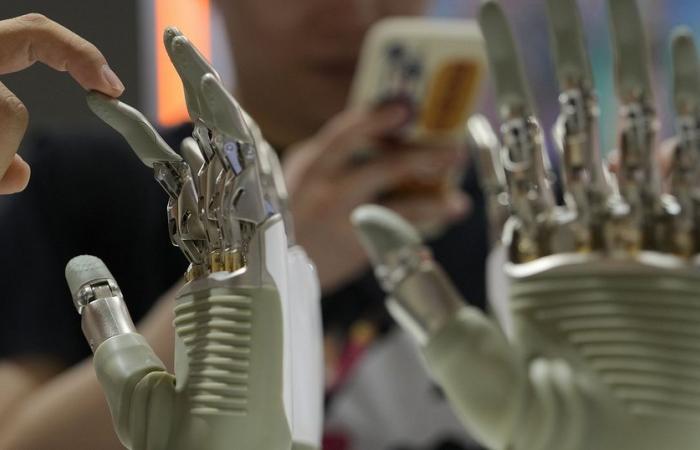Artificial intelligence is increasingly seen as a powerful lever to promote inclusiveness, especially in historically underrepresented regions of the world. Although AI has already disrupted various sectors such as health, education and transport, its potential to reduce inequalities often remains untapped.
One of the major current issues lies in access to the technology and infrastructure necessary to deploy these systems. In Africa, for example, the absence of local data and weak IT capabilities represent major obstacles to creating AI solutions adapted to local realities.
Vukosi Marivate, professor at the University of Pretoria and founder of Lelapa AI, highlights the importance of developing AI systems that speak local languages. According to him, allowing a patient to describe their symptoms in their mother tongue rather than in a dominant language such as English or French could improve the quality of care and exchanges.
It is also essential to integrate local populations into the process of creating these technologies. For Marivate, this involves building AI models that take into account the cultural and linguistic specificities of communities, involving them in the creation of solutions that directly meet their needs.
Finally, while AI is poised to transform many aspects of daily life, challenges remain around regulation, governance and ethics.
World






